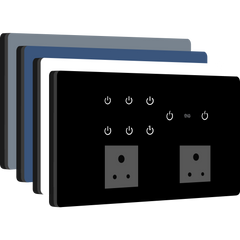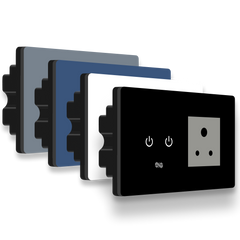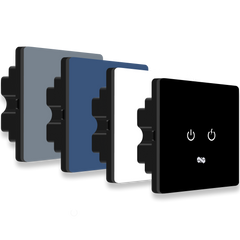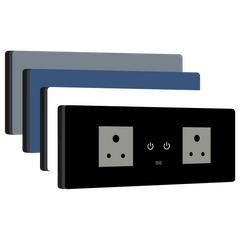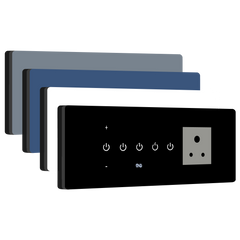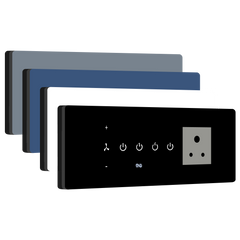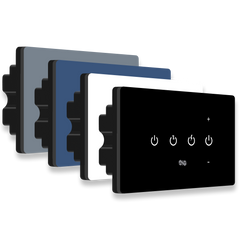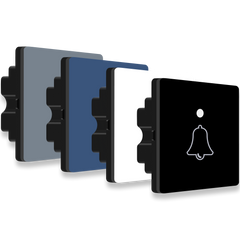Smarter with "Matter"?
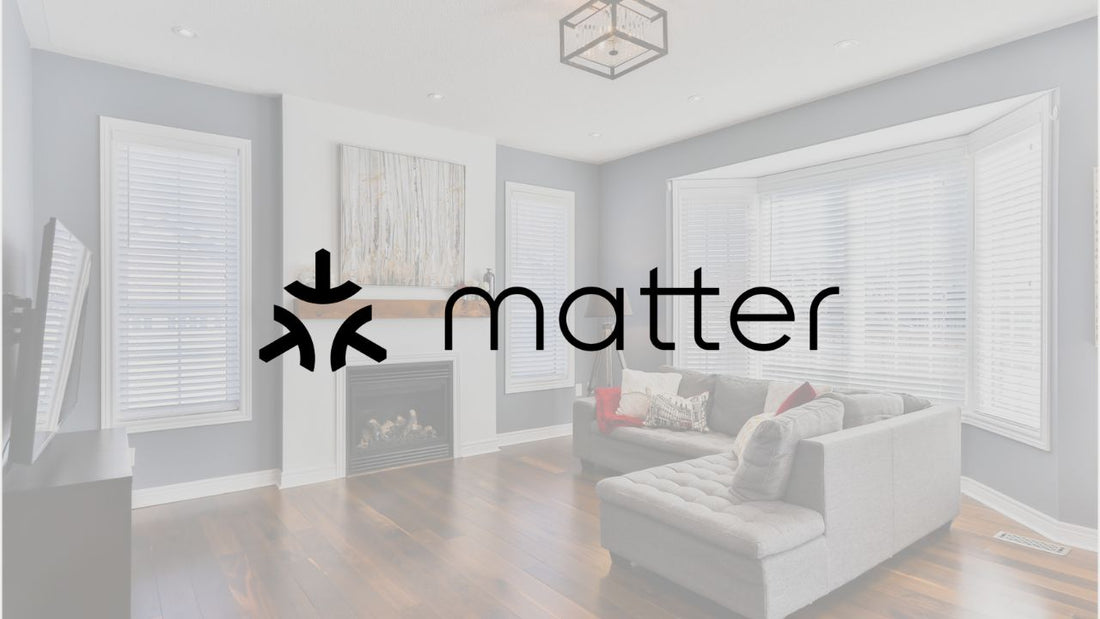
Introduction
How would it be if you could just pick a smart home / IoT device off the shelf and not worry about whether it worked within your ecosystem? Well, that is what the Matter Alliance is aiming to achieve, and we at iotics are very excited about this. We know we have spent many hours debating which of our customers we loved more, the ones that used Android or iOS. That is certainly not the debate smart home device makers should be having, but instead creating solutions that serve the purpose and provide maximum convenience irrespective of the platform customers use. Apple, Google, Amazon, Samsung, and Zigbee formed an alliance and created a standard to make this happen.
What is Matter?
Matter is a new type of standard for smart home devices. It's based on the idea that the current standards in the industry are too closed off, and that there needs to be a new standard that will allow people to build any kind of device they want. Products that use Matter, including Smart Switches, will be interoperable with all the major smart home ecosystems like Apple's Siri, Google's Assistant, and Amazon's Alexa. The Matter standard will work using the Thread protocol.
What is The Thread Protocol?
Thread is an open, IPv6-based network protocol for connected devices. The protocol was designed to provide low-power, low-cost wireless mesh networking while maintaining compatibility with existing 802.15.4 ZigBee and Bluetooth Low Energy (BLE) protocols.
Thread supports mesh networking and peer discovery using multicast DNS (mDNS), which allows devices to automatically find one another without needing a central connection point. It also uses self-organizing networks (SONs), which allow devices that join the network, later on, to receive information about its state from other nodes so they can join the correct subnet or create their own if none exist yet when they first connect; this process helps ensure security and reliability by ensuring that only trusted devices are able to access the wireless network's resources while keeping it stable even when there are many different kinds of IoT devices connected together at once.
In addition, Thread has been designed with privacy in mind: its routing protocol requires no centralized infrastructure, so there's no need for centralized administration either; instead, each device acts as both a router and gateway so any nearby device can act as both a client-side (to send requests) or server-side (to fulfill requests).
What will this mean for you?
Well, it means that if your Wi-Fi router supports Thread, then any compatible device, including Smart Switches, can connect with it without having to go through a complicated setup process or worry about compatibility issues like you might do when connecting a Smart Switch with another brand of smartphone. Because Thread is an open standard, you'll always have access to new features as they become available from any manufacturer who chooses to use them in their products.
Conclusion
The Matter Standard and Thread Protocol offer a lot of advantages for not just IoT device manufacturers but also smart home consumers. The open-source protocol, if adopted widely, will allow devices, including Smart Switches, to communicate with each other and the cloud easily, without being locked down by any one company or manufacturer. We at iotics look forward to making our smart touch switches smarter with Matter.

